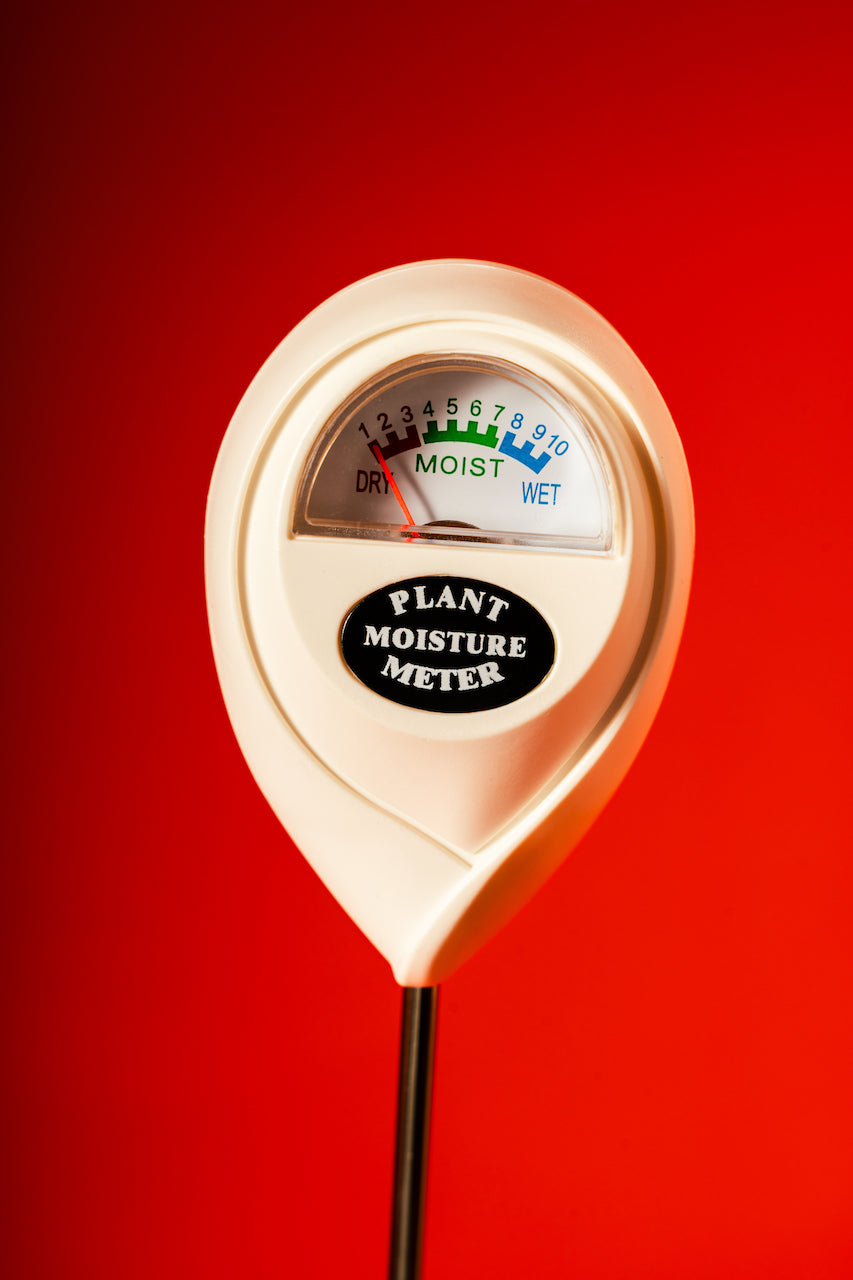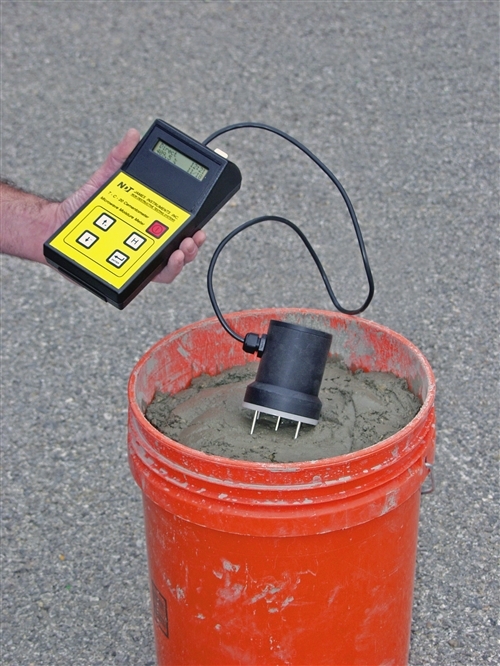The Ultimate Guide to Wetness Meters: A Comprehensive Review and Exactly How They Can Save You Cash
Dampness meters serve as important tools in detecting and keeping track of moisture material in materials, assisting in avoiding costly problems and making sure the quality of items. Comprehending the nuances of various types of dampness meters, their applications, and the potential cost-saving advantages they provide can be a game-changer for businesses and experts alike.
Kinds of Wetness Meters
One common kind is the pin-type dampness meter, which gauges the electric resistance between two pins inserted right into a product. Pinless wetness meters, on the other hand, use electromagnetic sensor plates to check a bigger location without creating damages to the product's surface.

Infrared wetness meters measure the thermal residential properties of a material to identify its moisture material non-invasively, making them useful for applications where pin or pinless meters may not be suitable. Comprehending the various types of dampness meters offered can help industries pick the most suitable tool for their details wetness measurement needs.

Benefits of Using Moisture Meters
Dampness meters use indispensable advantages in accurately assessing and monitoring wetness degrees in varied products and environments. One of the primary advantages of utilizing moisture meters is the avoidance of possible damages caused by excess moisture.
In addition, utilizing moisture meters can lead to raised power effectiveness. By identifying locations with high wetness levels, such as leakages or poor insulation, adjustments can be made to improve power preservation and reduce energy costs. In farming settings, moisture meters play a crucial duty in optimizing plant yields by enabling farmers to check soil moisture levels and make informed irrigation choices. Generally, the advantages of utilizing wetness meters span throughout various markets, providing cost-effective options and advertising much better quality assurance methods.
Exactly How to Choose the Right Wetness Meter
When choosing a wetness meter, it's crucial to make certain that the meter is suitable for the particular material you will certainly be testing. Different products have differing electrical residential or commercial properties that can affect wetness readings, so picking a meter created for your product is essential for exact results. By very carefully assessing these variables, you can select a dampness meter that fulfills your demands and supplies accurate dampness dimensions for your projects.
Proper Techniques for Wetness Meter Use

Expense Financial Savings Via Dampness Meter Applications
How can the strategic use of moisture meters lead to significant price savings across numerous markets? In the agriculture sector, moisture meters help in establishing the optimum time for collecting crops, protecting against excess or over-drying dampness that can affect the last product's high quality.
In a similar way, in building, dampness meters help stop costly damages by spotting dampness degrees in building products, such as timber or concrete, which can result in architectural issues if not resolved promptly. By determining problem areas early on, specialists can take rehabilitative steps to avoid substantial repair work or replacements, inevitably saving money and time.
In addition, in the food processing market, dampness meters are important for checking product quality and making certain compliance with security laws. By accurately determining dampness content in food items, suppliers can stop wasting, maintain quality, and reduce waste, leading to significant expense financial savings. Overall, the calculated application of dampness meters is a valuable investment that can lead to considerable cost decreases and enhanced efficiency across numerous industries.
Conclusion
In final thought, wetness meters are useful devices for finding and measuring moisture levels in different materials. By using the appropriate moisture meter and find more following appropriate methods, customers can effectively prevent pricey damages triggered by excess moisture. Purchasing a quality dampness meter can cause considerable expense savings in the future by determining prospective issues beforehand and making it possible for timely remediation. Inevitably, moisture meters are crucial tools for preserving the integrity and longevity of products and frameworks.
Moisture meters offer as vital tools in identifying and keeping an eye on moisture content in materials, assisting in preventing expensive read the article problems and ensuring the high quality of items. Infrared moisture meters determine the thermal homes of a product to establish its moisture material non-invasively, making them valuable for applications where pin or pinless meters may not be appropriate.Dampness meters offer important benefits in precisely checking and examining moisture degrees in varied materials and atmospheres. In agricultural setups, dampness meters play an important role in optimizing plant returns by allowing farmers to check soil dampness degrees and make informed irrigation decisions.In conclusion, wetness meters are beneficial tools for determining and finding moisture levels in different products.
Comments on “Why Every Homeowner Needs a Moisture Meter: Secret Advantages and Functions”